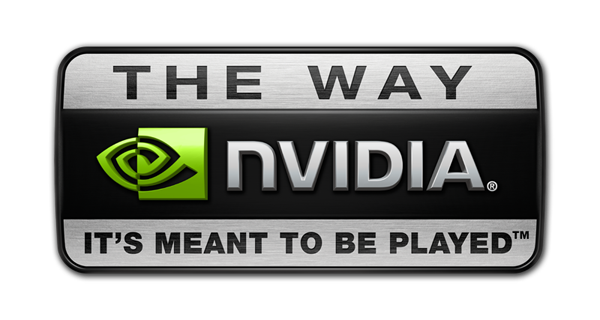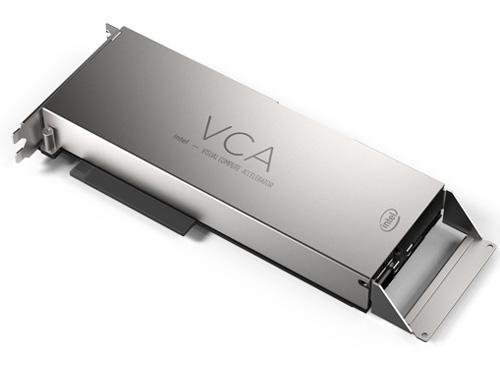- Joined
- May 18, 1997
- Messages
- 55,634
Digitimes is confirming much of what we have had to say about GPP and it impact consumer choices when it comes to buying an AMD graphics card, and possibly Intel/AMD KabyLake-G parts in "gaming" notebooks. Sadly, NVIDIA has moved on from the GPP story...except in executing it. "Shot with Geforce?" No, more like "Executed with NVIDIA GPP."
The program will pose little impact on China's gaming equipment makers including Colorful and Zotac, as they all adopt Nvidia's GPUs for their devices. But Taiwan's Asustek, Gigabyte and MSI are caught in a dilemma over the development and shipment of new gaming models, as they have also long sustained partnerships with AMD.
The program will pose little impact on China's gaming equipment makers including Colorful and Zotac, as they all adopt Nvidia's GPUs for their devices. But Taiwan's Asustek, Gigabyte and MSI are caught in a dilemma over the development and shipment of new gaming models, as they have also long sustained partnerships with AMD.
![[H]ard|Forum](/styles/hardforum/xenforo/logo_dark.png)




